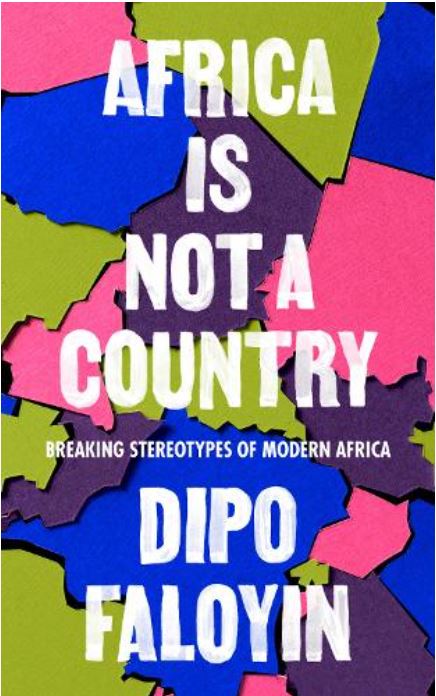
Africa Is Not A Country: Breaking Stereotypes of Modern Africa
Having had the good fortune of living in Ethiopia for a brief while and travelling across a few African countries, I was under no illusion that the narrative that is commonly and quite stereotypically associated with Africa i.e. that of sprawling landscapes, majestic animals running in the wild, poverty, hunger and strife could not be further from the truth. That does not mean that the breath-taking sunsets in Masai Mara do not exist, nor does it deny the reality that the continent does face some real challenges. It is just that narrative lacked context, tended to be incomplete and seemed to never evolve.
This book is a portrait of modern Africa which pushes back against these harmful stereotypes by giving context and perspective to the history of the region, and to the formation and evolution of Africa, a continent with 54 countries, 1.4 billion people, and over 2000 languages. The author hails from Lagos, Nigeria and throughout the book his narration feels very personal, nostalgic and full of humour.
The author talks about the Berlin conference in 1884 as the point in history when 14 nations including Britain, France, Portugal, Netherlands, Denmark, Spain, Italy, Belgium, Austria-Hungary, Russia, Sweden-Norway, the Ottoman empire, United States and Germany sat down to agree an orderly way of devouring an entire continent. To put in place rules to ensure no other country could steal what had already been stolen. At this moment, 80% of the African continent was free. Within a few years, 90% of Africa was controlled by a handful of determined countries who, very simply, used to arrive in Africa, manipulate, negotiate, conquer and move on. Arbitrary borders, splitting local tribes, were created laying the foundation for conflict that plagued most nations in Africa, (some even till now). When democracy finally found its feet, it was tainted by the authoritarian power grabs from those who had led the countries to freedom from colonial rule. Nelson Mandela being the exception to the rule.
Throughout the book, the author asks some very delicate yet important questions, one of them citing a picture of Stacey Dooley in Uganda with a big smile on her face taken with a child whose head is held in a sad downward gaze. Would we do the same in UK or Europe? Pick up a destitute child, who doesn’t speak our language and without express consent, and just post a picture on social media without any context whatsoever? The author very subtly also highlights the detrimental impact that events like “Kony 2012” can have. Perhaps it was done with the right intent, but the results were more harmful than helpful. The year as Kony 2012 was released coincided with Lonely Planet declaring Uganda to be the best country to visit. Yet that was the only year in the last 20 in which Uganda saw tourism revenues fall, as Kony 2012 overshadowed everything.
Ironically the author ends with the hope that the African countries can embrace more unity and have a shared future, respecting and accommodating their differences, and perhaps in doing so, look more like a country.
This book is gem of a read to anyone who wants to understand the history of this continent, to question the assumption and to reconsider the narrative.
Swati Jain
January 2023
